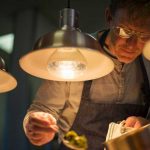GERMAN HERITAGE: DOES IT MATTER THAT ZEITZ MOCAA WAS FOUNDED BY A NON-AFRICAN?
Cape Town’s Zeitz Museum of Contemporary African Art (MOCAA) was one of the most anticipated developments of 2017. In the months before the MOCAA opened its doors in September, Cape Town had appeared on every ‘where to travel in 2017’ list. Even the building – an old grain silo strikingly reimagined by British architect, Thomas Heatherwick – has received awards and much admiring press coverage.
As the first major museum of contemporary African art, it’s no surprise that the MOCAA was so intriguing and exciting: it has provided a platform for many African artists to express their ideas about identity, politics, society, beauty and much more on a global stage.
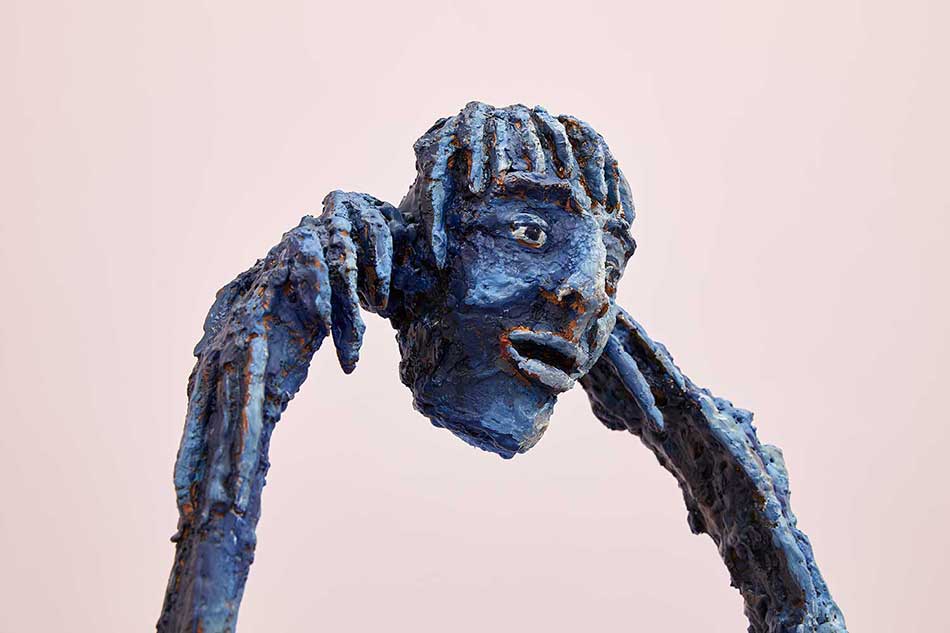
Jochen Zeitz, a German philanthropist and former CEO of Puma, co-founded the museum with the V&A Waterfront. Zeitz, who has had a home in Kenya for the last 14 years, has long been invested in African art – the works on display at the MOCAA are all donated from his private collection and are on long-term loan to the museum.
Amid the overwhelming praise heaped on the museum, a few voices have questioned the significance of a non-African founding a museum that celebrates African art; the fact that Zeitz, Heatherwick, David Green of the V&A Waterfront and chief curator Mark Coetzee are all white (and male); and that the location of the museum is in Cape Town, arguably the least ‘African’ city on the continent.
“It’s not for everyone else to decide whether this is a good thing. It’s for Africans to decide”
Jochen Zeitz – Co-Founder of Zeitz MOCAA
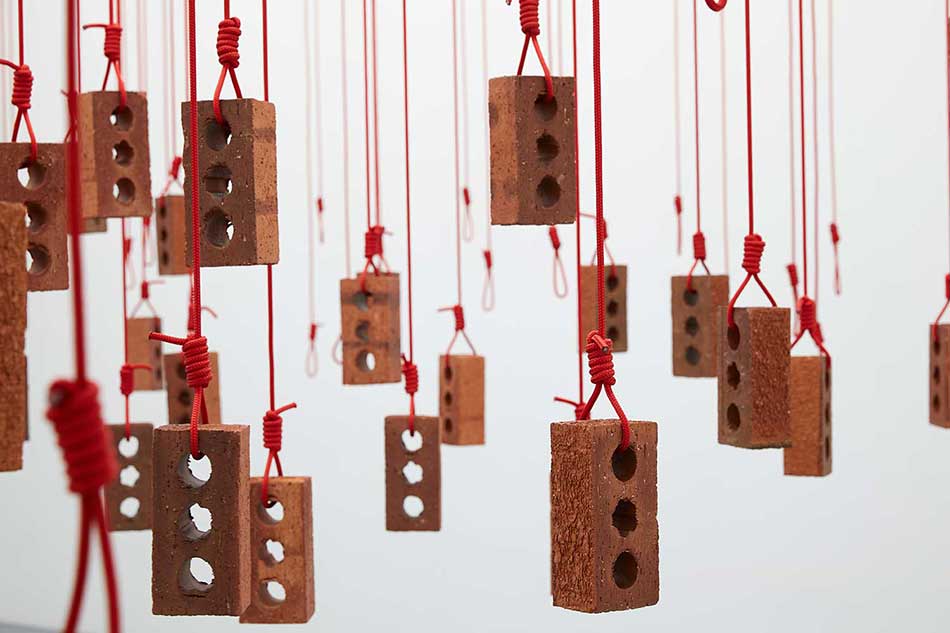
Zeitz, however, is not fazed. On an opening tour of the museum in September, he spoke of such comments in the international media, stating, “It’s not for everyone else to decide whether this is a good thing. It’s for Africans to decide.”
Later, Zeitz expands on this to me: “If you look at the bigger picture, I don’t think it is important to focus on who was the catalyst for the creation of the museum, or whether they are African or non-African. We simply had an objective to build a major international platform for artists to express themselves, as there was a need to do so.”
The challenge is in creating something that accurately represents a community’s needs – in this case, those of Africa and its diaspora’s artists. “It was imperative that those directly affected were behind this from the beginning,” Zeitz agrees. “Whilst it is impossible to win everyone over, we wanted to create an open dialogue to ensure that all voices were heard to build an institution that was as representative of the continent as possible.”
“I don’t think it is important to focus on who was the catalyst for the creation of the museum… We simply had an objective to build a major international platform for artists to express themselves”
Jochen Zeitz – Co-Founder of Zeitz MOCAA
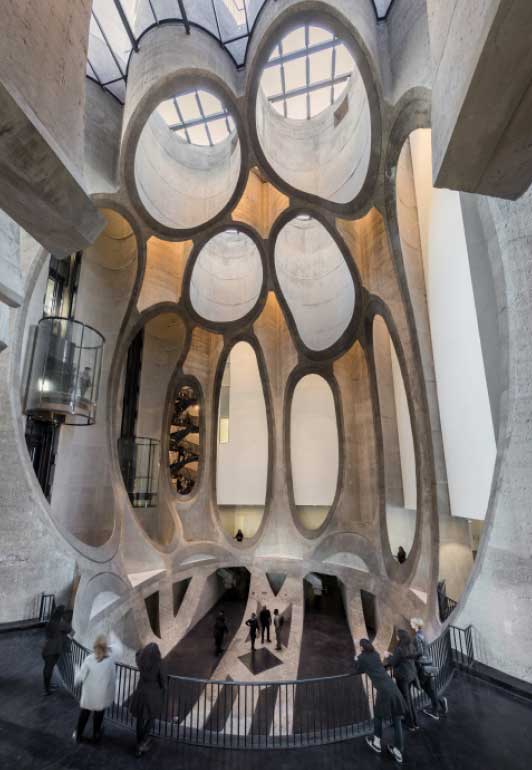
Quite a task for one museum, but the breadth of work on display is impressive. There are video installations, vibrant art pieces, photography and sculptures, by artists from all over Africa and of African heritage.
Perhaps the most important aspect of how the museum can facilitate empowerment is not how or by whom it was founded, as critics have latched on to, but in how it can continue to be an effective stage for empowerment in the future. “Now that we have this platform, we must ensure that it evolves and that we stay relevant as a museum,” Zeitz says.
A central component of the MOCAA will be “the development of supporting educational and enrichment programmes and guaranteeing access for all – one of the museum’s founding principles.” To this end, entry to the museum is free for all African citizens every Wednesday. “We want to inspire the next generations and provide an infrastructure for art to be embraced and celebrated,” explains Zeitz.
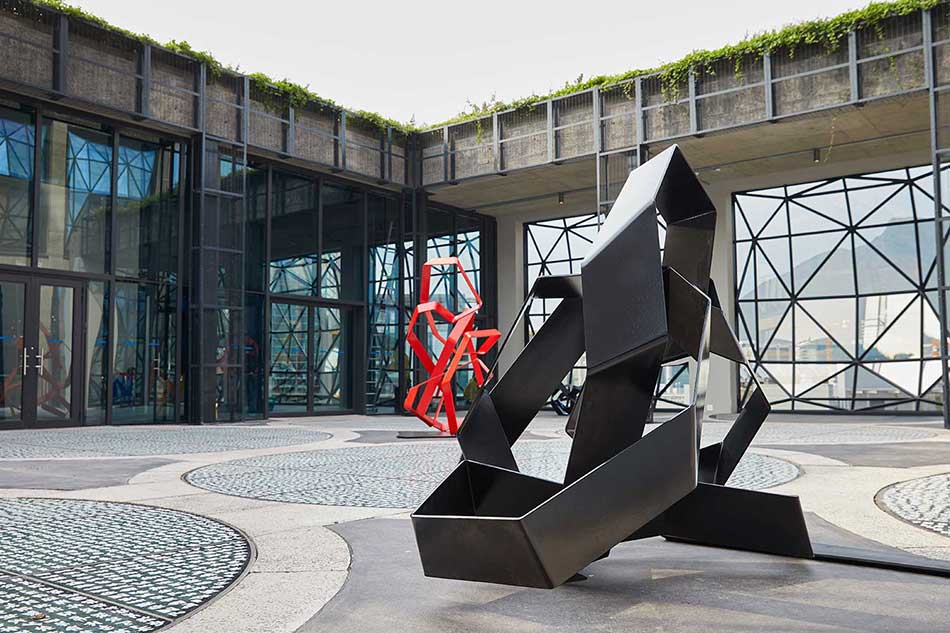
What can the travel industry take from this? Zeitz suggests that, within reason, we avoid getting too hung up on the origins of empowerment platforms, whether they are schools, training courses or an internationally acclaimed museum. The most important thing is ensuring that something sustainable has been created – something that can bring about, as Zeitz hopes will be the case for the MOCAA, “a change that is permanent.”
[This article was published in Beyond: Empowered, We Are Africa’s print magazine, in May 2018.]











